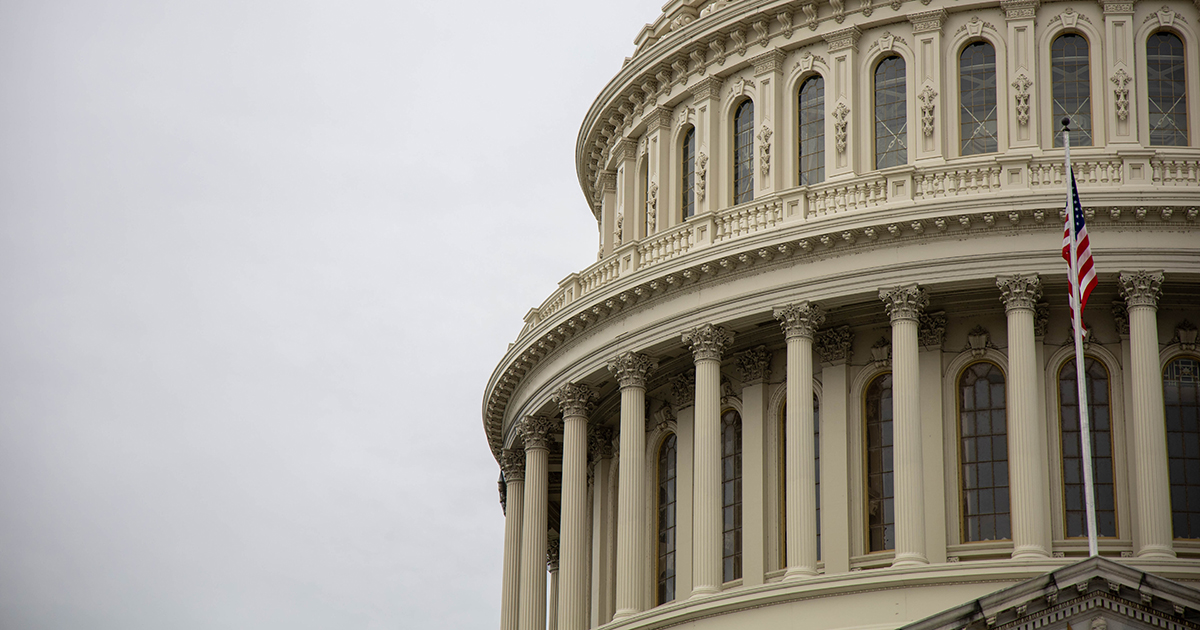
Government Policies and Real Estate Investment: Unlocking Hidden Opportunities
1. Tax Reforms and Their Implications
Federal Level: As of February 2025, discussions in Congress have focused on whether to extend or amend key provisions of the Tax Cuts and Jobs Act (TCJA) of 2017, which is set to expire at the end of 2025 (Congressional Budget Office). Proposals include raising the corporate tax rate and adjusting capital gains taxes, which could impact real estate investment structures. Additionally, debates over lifting the $10,000 cap on the state and local tax (SALT) deduction continue, with potential benefits for investors in high-tax states (IRS). The continuation or modification of the 20% qualified business income deduction remains uncertain, adding to investor considerations.
2. Deregulation and Its Impact
Efforts to adjust regulatory burdens continue to influence real estate development and investment.
Housing and Urban Development (HUD) Policies: The Biden administration has reinstated and expanded the Affirmatively Furthering Fair Housing (AFFH) rule, requiring local governments receiving federal funds to develop strategies for reducing segregation and increasing affordable housing access (HUD). Investors should monitor how these changes impact zoning laws and development opportunities.
Environmental Regulations: The administration has implemented stricter energy efficiency requirements for new commercial and residential buildings under the Inflation Reduction Act (Department of Energy). Investors focusing on sustainable real estate development may find new incentives, while those with older properties may face higher compliance costs.
3. Government Efficiency Initiatives
Efforts to optimize federal real estate holdings continue under the Biden administration.
Reduction of Federal Real Estate Footprint: The General Services Administration (GSA) has announced plans to consolidate government office spaces and sell off underutilized federal properties (GSA). This initiative aims to modernize workspaces and cut costs, creating potential investment opportunities in former government buildings.
Impact on Local Housing Markets: With hybrid and remote work trends reducing federal office space needs, real estate markets in cities heavily dependent on government employment, such as Washington, D.C., are seeing shifts in demand for office and residential spaces (Urban Institute). Investors should watch for repurposing opportunities in commercial real estate.
4. Federal Rent Subsidies and Their Impact
Potential Reductions in Funding: Some lawmakers have proposed reducing federal funding for the Section 8 program to reallocate resources toward homeownership initiatives (Congressional Research Service). If enacted, this could lead to fewer vouchers being issued, reducing the number of tenants who can afford market-rate rentals with government assistance. This may impact landlords who rely on Section 8 tenants for stable rental income.
Shifting Eligibility Requirements: Proposed policy changes could include stricter eligibility requirements, potentially reducing the pool of qualified tenants (National Low Income Housing Coalition). This may lead to increased vacancy rates in lower-income rental properties and affect rental pricing dynamics in urban markets.
Conclusion



